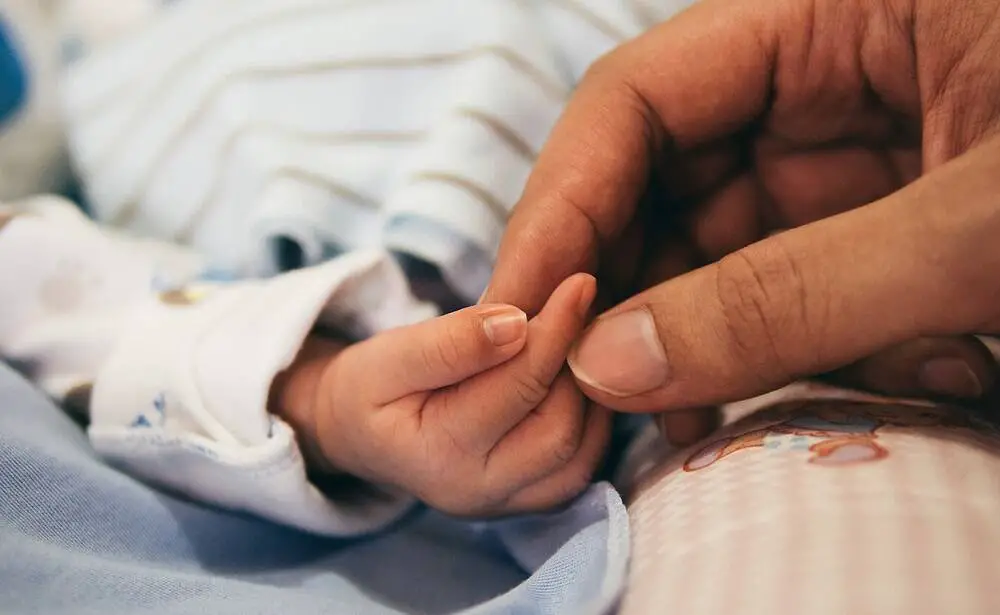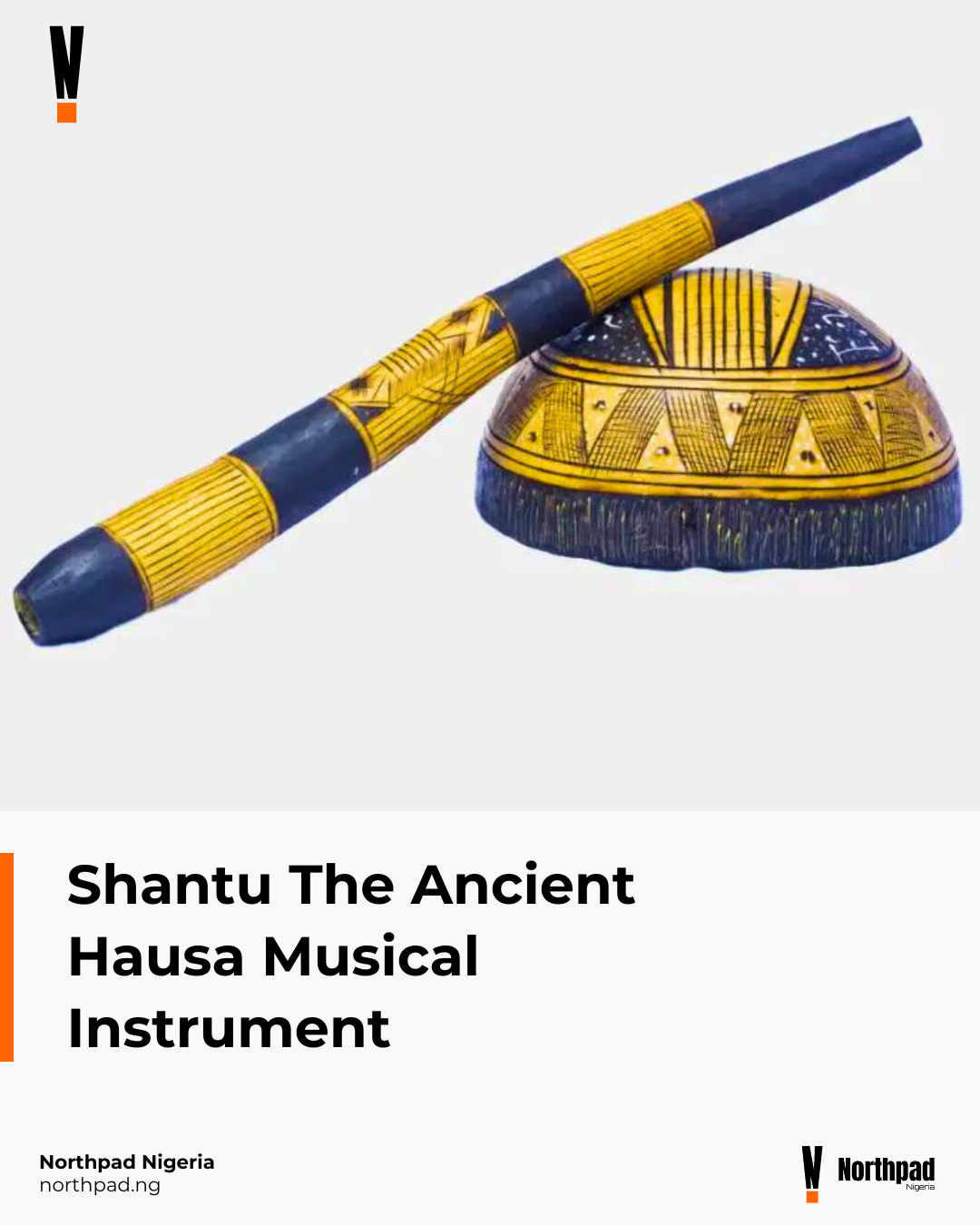Naming ceremony in Hausaland is a postnatal occasion that is conventionally performed after a child is born, just like in other cultures. For a long, Hausa names were usually derived from Muslim names. At times, the names can also be derived from situations surrounding the birth of a child. For instance, “Anaruwa” is a name given to someone who is born while it’s raining or during a rainy season.
So also, a name can be derived from the day of the week the child was born, e.g. “Danjuma” is a name given to a boy who is born on a Friday. “Danladi” is a name given to a boy who is born on a Sunday. “Talle” is given to someone whose mother died during or shortly after his birth.
Naming Ceremony in Pre-Religious Era
Naming ceremony in Hausaland as an age-long tradition has been in existence for hundreds of years long before the arrival of any religion into the land. Traditionally then, assigning a name to a newborn baby was usually done by seven elderly persons of the community, where they separately go to the bush and find a Kenaf plant (Rama) onto which every one of them inscribe his desired name on its wood (sillen rama).
The Kenaf woods carrying the inscribed names would therefore then be tucked and presented to the neonate’s mother to make a choice, whichever one she picks would be the name of the baby.
Wankan Jego in Hausaland
“Wankan Jego” involves bathing by the mother using a clump of leaves doused in a hot water two times a day following delivery for at least 40 days. The mother is assisted by an elderly woman called “Ungozoma” who usually comes from within the family or neighbourhood.
After taking the bath, she remains in a well-heated room with a fire glowing underneath a specially constructed dried mud bed “Gadon Kasa”, which can retain heat for several hours. All this is done according to the tradition, to derive away cold which is believed to be the cause of many diseases.
Naming Ceremony in Hausaland During The Religious Era
The naming ceremony in Hausaland with the advent of Islamic religion has undergone some cultural modifications. It is held on the seventh day after a child is born. Three days after delivery, family and friends present their gifts to the mother. A portion of a certain food is known as ‘Kauri’ is made and distributed to family and friends and on the sixth day after childbirth, notice is sent to family, friends and other well-wishers reminding them about the naming ceremony the following day.
Seven days after the delivery, the men comprising family, friends and other well-wishers gather and stay in front of the house together with the father of the neonate, while the women stay inside with the mother.
The naming ceremony begins with the arrival of the Imam who is in charge of the prayer session for the naming event, and the child’s name is subsequently given to him by his father as the Imam offers prayers, the name of the child is announced publicly.
“Aqiqah” for the Newborn Baby
The aqiqah is traditionally held on the seventh day after the child’s birth, but it may also be postponed (often the 7th, 14th, or 21st day after birth). The word ‘aqiqah’ comes from the Arabic word ‘aq’ which means ‘to cut’. It refers to the act of slaughtering an animal to provide meat for the meal.
If one cannot afford the expense of performing ‘aqiqah’ at the time of the child’s birth, he can decide to postpone it to the time he can afford, so far that it is done before the child reaching pubertal age. An animal, usually a ram or sheep but mostly ram, is provided for the sacrifice on the naming ceremony day. 2 goats or 2 sheep are to be slaughtered for the male child, while a goat or a sheep is slaughtered for the female child.
Kolanuts, dates and some other foodstuff are also arranged and distributed. After all that, a traditional barber is called to shave off the baby’s hair and if need be, gives the baby a particular tribal mark.
Nowadays, especially in the urban areas, the majority of the people prefer conducting the naming ceremony of their children in mosques, usually after ‘subhi’, the Muslims Morning Prayer.
This might be attributed to the views of some scholars that the traditional naming ceremony in Hausaland is not in conformity with the Islamic teachings.







![Moderate Kayan Lefe List and Cost for Intending Hausa Couples [Updated]](https://northpad.ng/wp-content/uploads/2024/06/Update-Moderate-Kayan-Lefe-List-and-Cost-for-Intending-Hausa-Couples.png)


0 Comments